Get posts by email
Mid-Autumn Update & Happy Halloween!
October 31, 2025
It’s been a couple months since I’ve posted anything to the blog. Popping in to give a quick fall update and point you to the places where you can read and watch more.
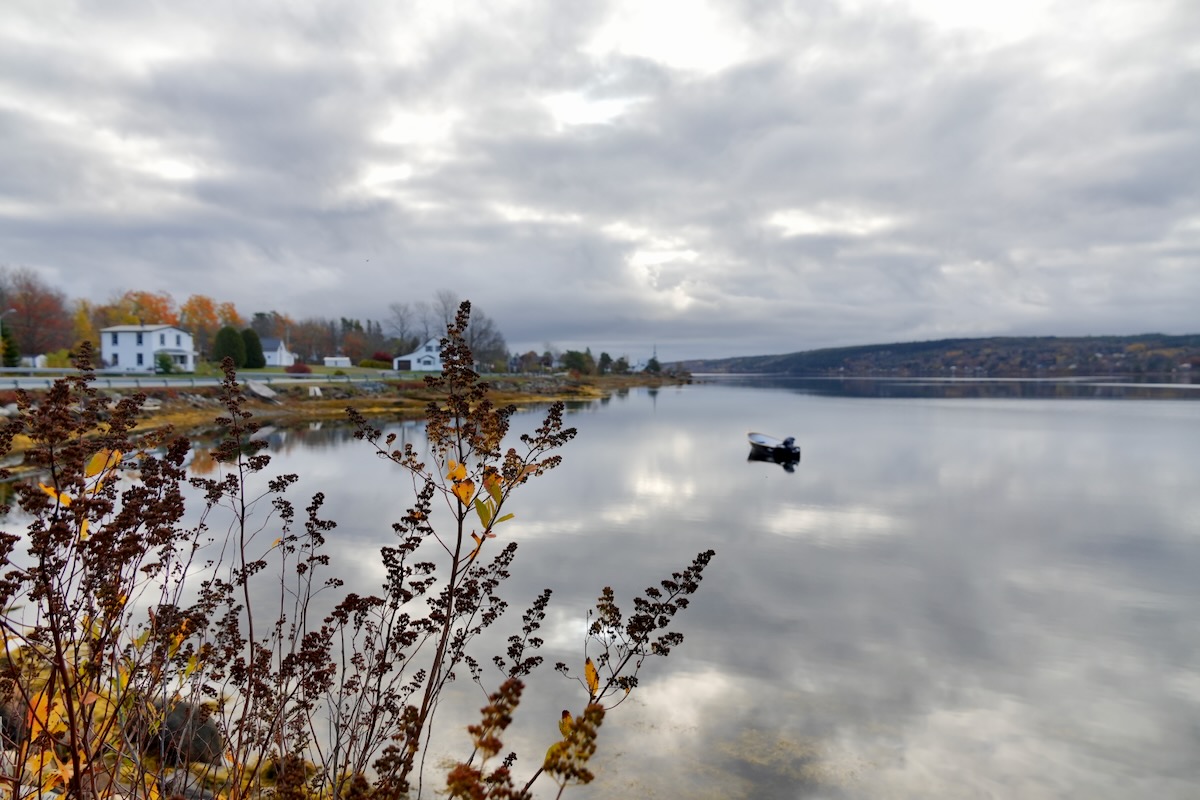
Firstly, when I finally took the leap and started my Substack I hadn’t thought through how, and if, I could integrate my blog with my Substack. I still haven’t.
If I had waited for that answer to come I would have never moved forward. I really love having this (renee.tougas.net) as my home on the internet and the record of my writing here. But things are going well at Substack and it’s a good way for people to find my writing.
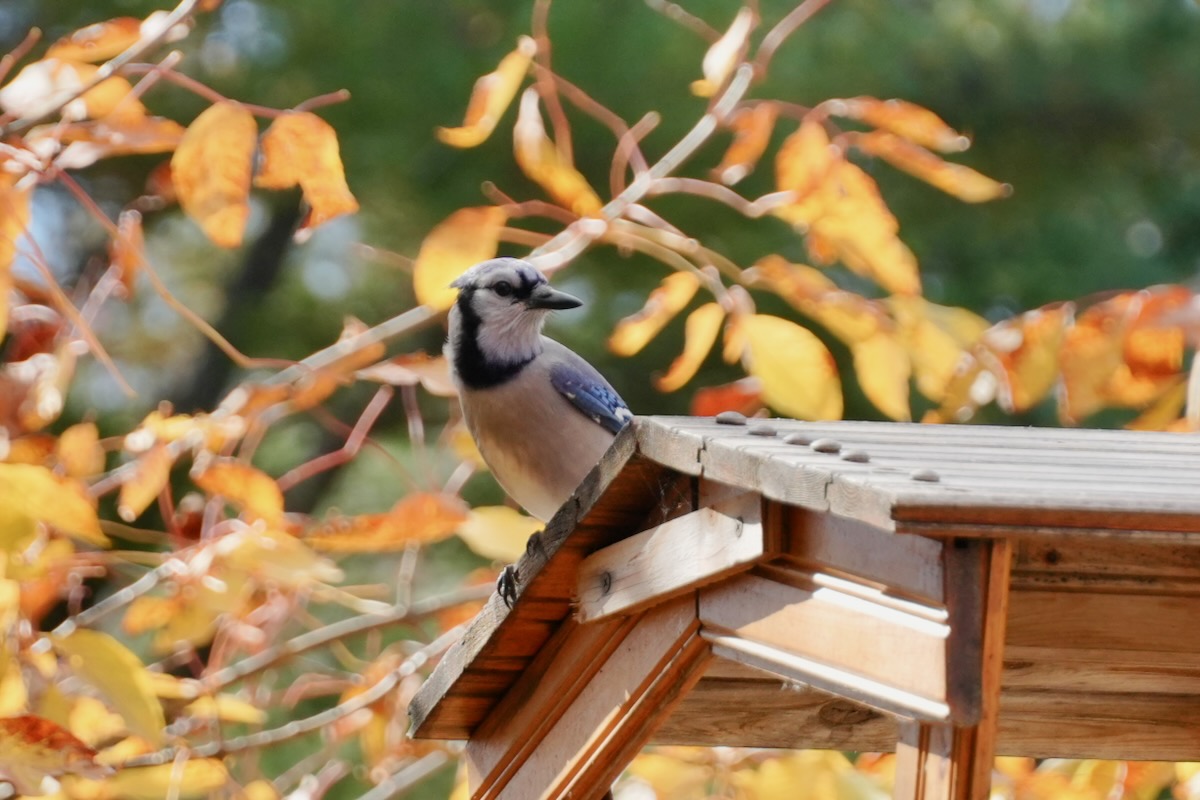
I’d love for you to check it out if you haven’t already. Being there has revivified my writing and publishing.
Here’s what’s been going on in my life since my last post:
We went to pick up our camping trailer in BC. I published a nearly daily travel journal on Substack, and I’ve produced a 4 part video series about the trailer and our trip. I just published the last video in that series.
If you’re reading this in email, there's a video here. If you can't see it you can view it on YouTube.
Our oldest child Ciel and their girlfriend Iris came to visit in September.
Earlier this month I went to Celtic Colours with Mom and we stayed in our new trailer.
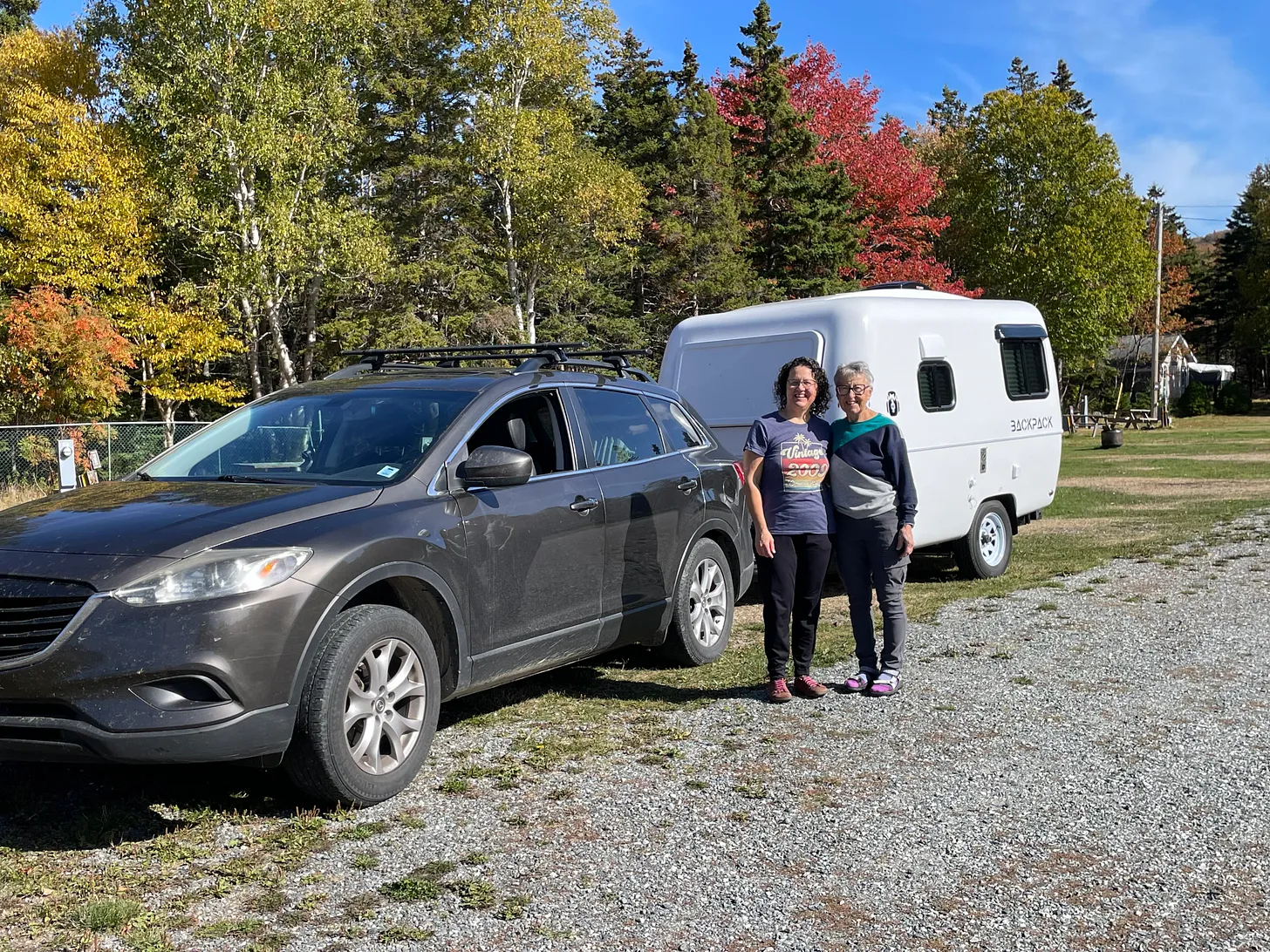
I’ve taken a prodigious number of photos of October’s splendour and published my favorites at my Substack throughout the month.
All the Sanctuary residents, which are currently Mom, Dad, my brother Brad and nephew Stosh, Damien and myself have become emotionally invested in the Blue Jays post-season and World Series run.
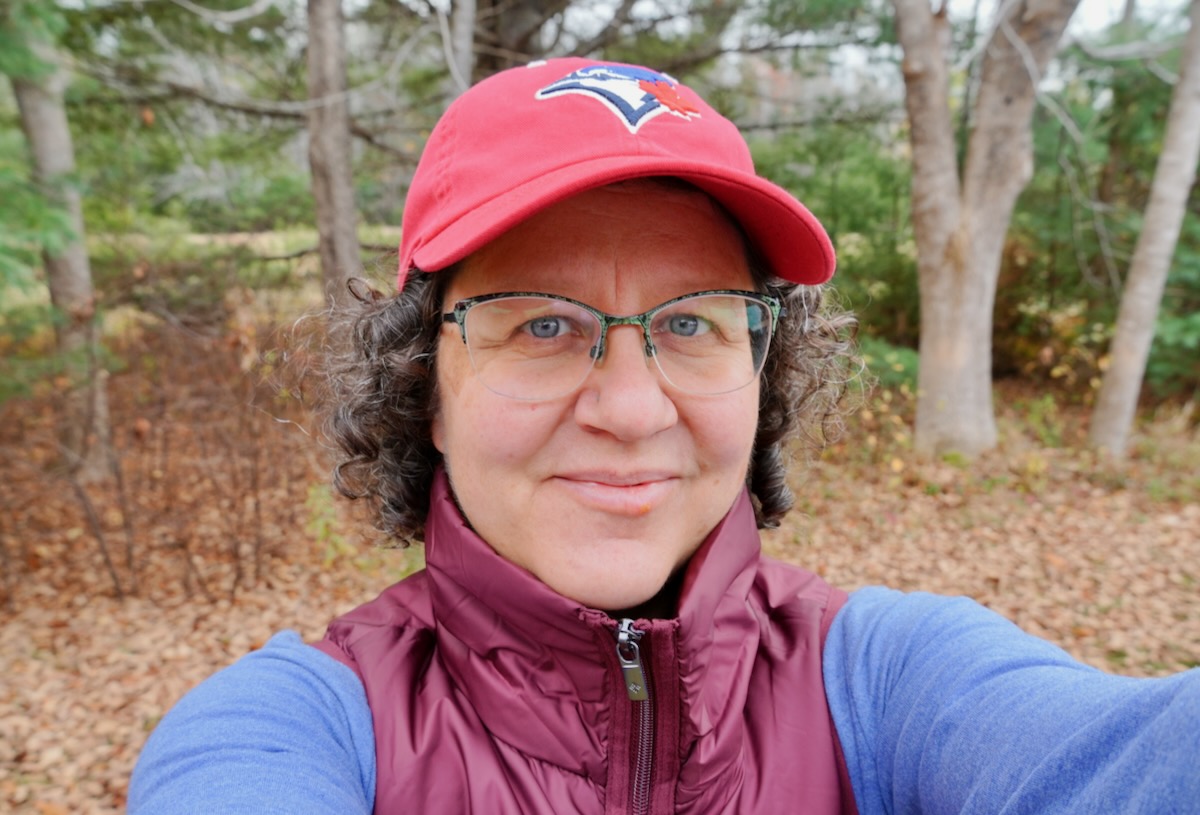
I’ve been doing the end of season garden work, planned out the parameters for next year’s beds in the fenced garden and added a thick layer of composted manure to those beds. Thanks to Dad for picking up that compost for me!
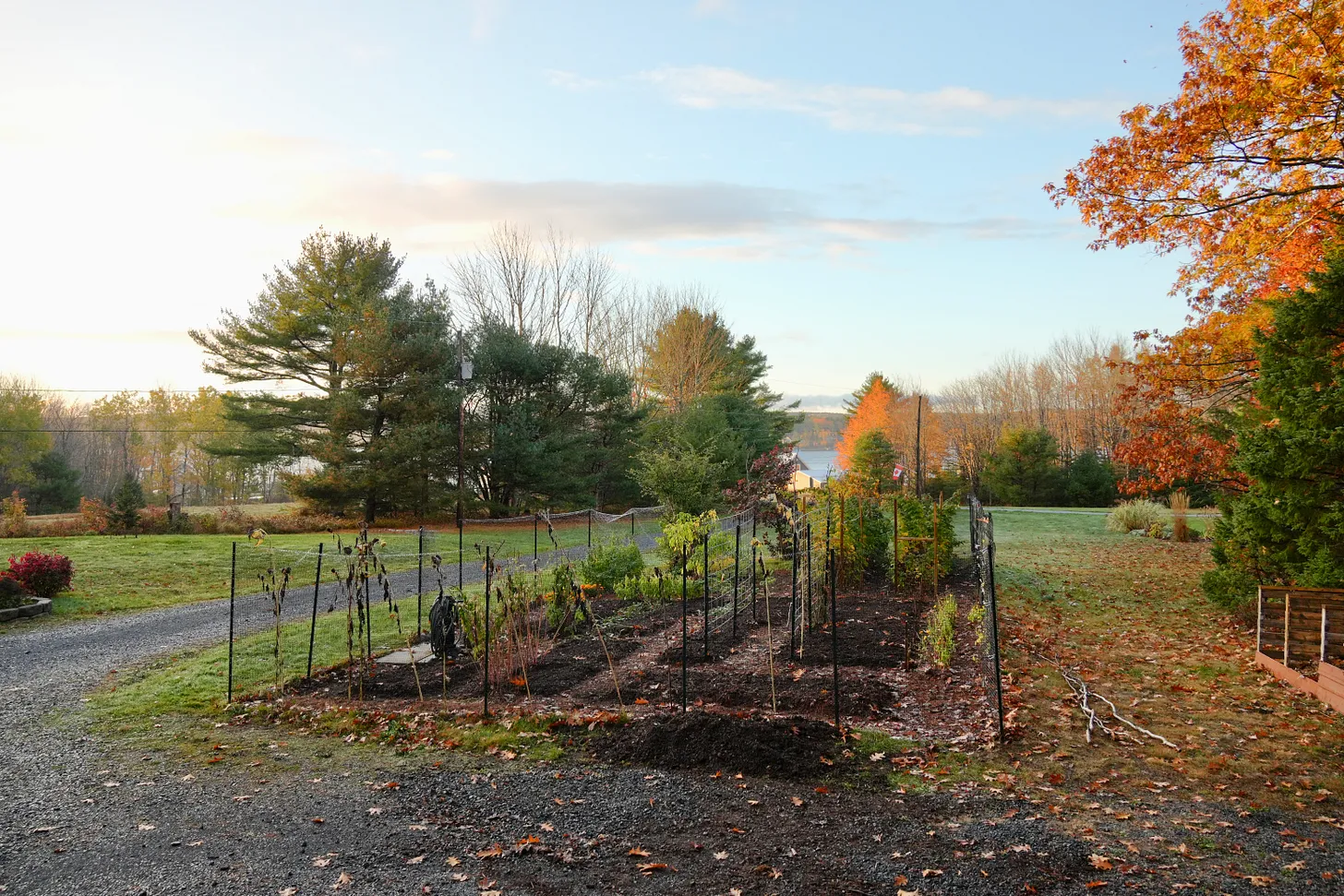
Back in September I lost my large client, the one that provided the lion’s share of my billing hours. Since then I’ve been semi-unemployed and looking for a new client or new position. Overall, I’m not too worried - I have faith that something is out there for me - but the longer it extends the more challenged I feel by the search process and prospects.
This job search touches on the big undercurrent to my life right now which is the state of, and trajectory for my paid work. Earlier this summer I picked back up the quest for a work thing series I had started here last year, but in video format. That got put on hold with the trailer pickup and travel and video production around that.
Now, in addition to feeling compelled to articulate what I want for the paid work aspect of my life, the reason for blog and video series, I also need to find work.
I am vexed by this not-insignificant aspect of my life. Today is a job search day (in my weekly schedule) and I’m anxious to get to it so I will be wrapping this up.
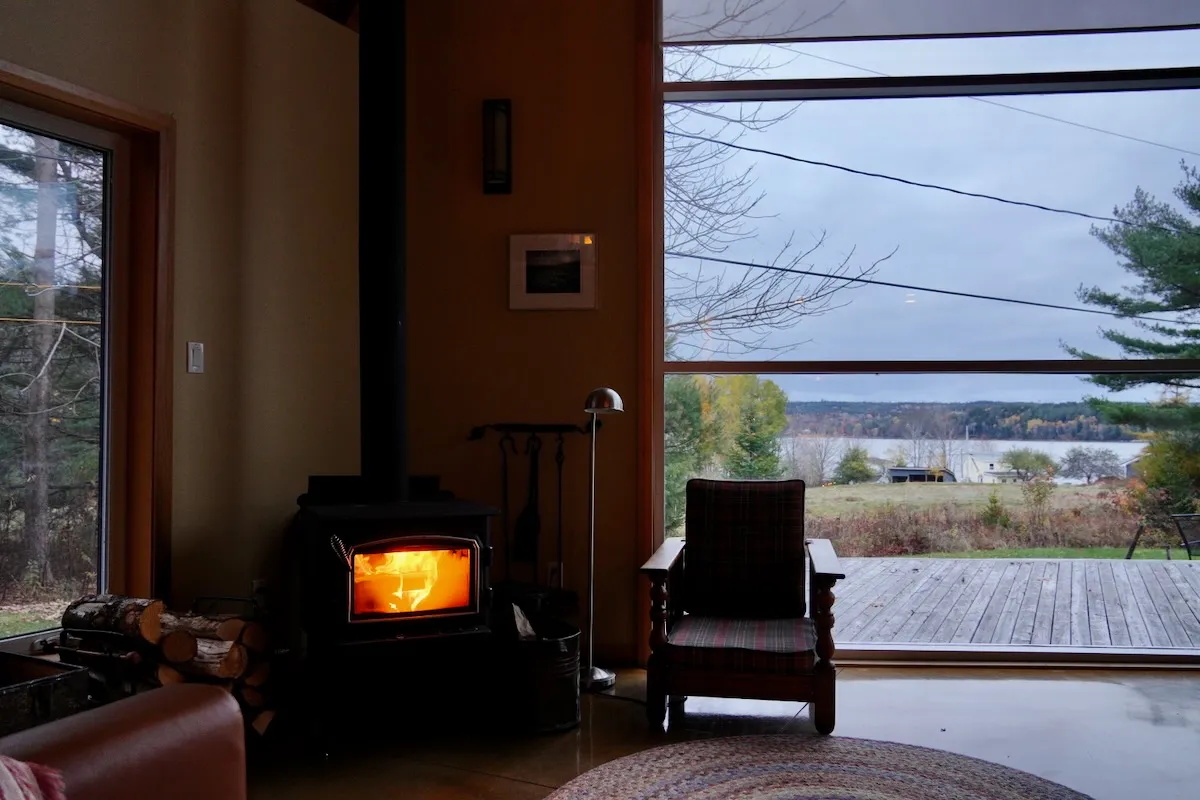
The rest of my life is pretty sweet, gotta say. I have a high degree of contentment with the whole picture and especially in my relationships and home. But I really want to make progress on this work piece. I don’t just want a job or a client. I want something that fits, or with enough squinting looks like it fits, with the vision I have for my paid work. This part of my life feels unresolved and it’s uncomfortable.
That’s it for today. I’m most active on Substack and I’m working to build my YouTube channel. Would love to have you watch and/or read at either.
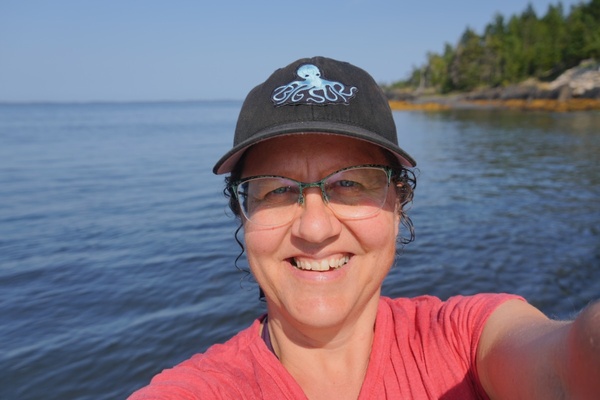
I'm done swallowing my stories: Starting a Substack
August 29, 2025
I’m approaching my 21st anniversary of publicly sharing my life online, and I plan to continue because the constancy of the practice brings me comfort, like my other long-standing habits. I also carry on because I refuse to swallow my stories for the sake of a larger cultural or subcultural agenda.
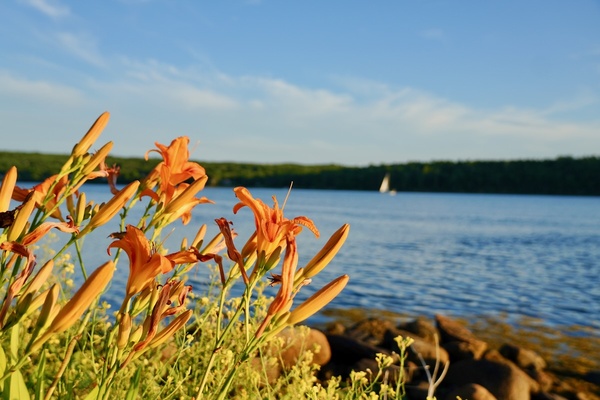
Education, Vocation & Midlife Career Reflection
July 28, 2025
In this personal video essay, I reflect on my three decades of interest and experience in education philosophy and practice - from earning a B.Ed. and homeschooling our children to completing a Master’s Degree in Educational Studies when that homeschooling work was completed.
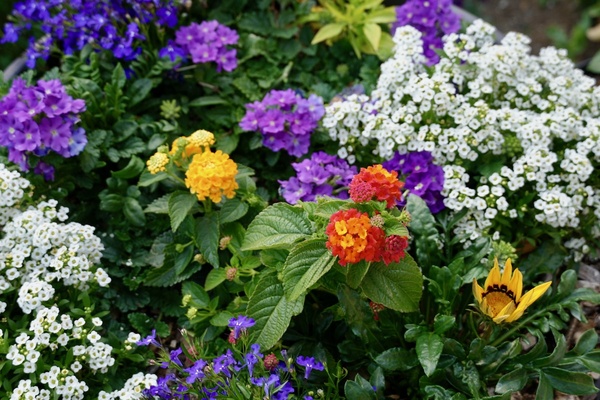
A visit to a career counsellor
July 9, 2025
The latest (and on-going instalments) in the "quest for a work thing" blog series are being published in video format. This one is about going to a career counsellor, specifically the preparation I did before the visit.
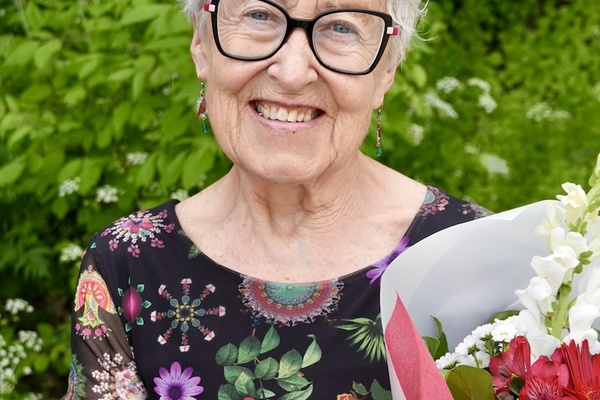
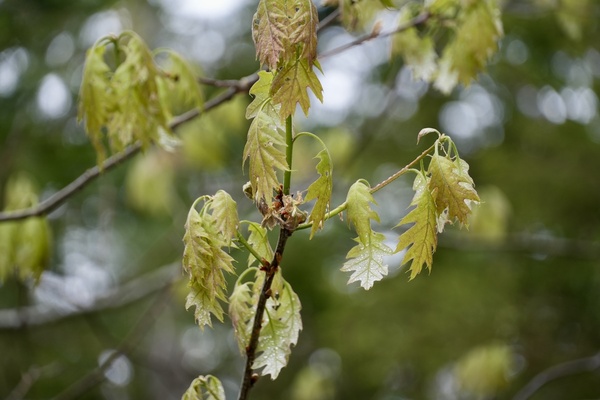
Just the kind of spring I've wanted
May 25, 2025
It's been especially cold and wet slow spring. But that hasn't dampened my enjoyment of it. Turns out this slow spring is exactly what I was dreaming for.
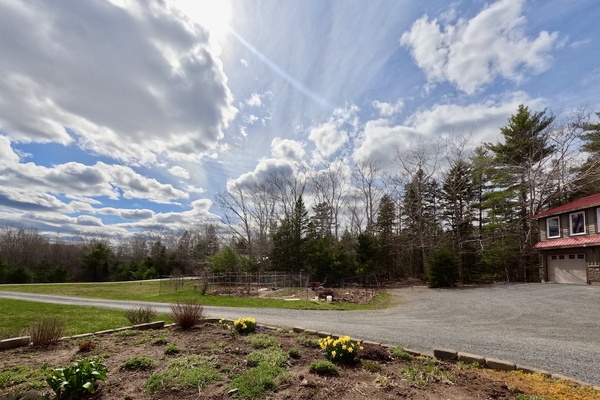
Spring Garden Tour Video & life stuff
May 6, 2025
As I shift from academic writing to video production, I find myself embracing (again) the vulnerability of trying something new and imperfect, drawn by curiosity and the desire to document life as it unfolds. In this post, I share a recent garden tour video and reflect on the balance between living fully and telling the story of that living.





